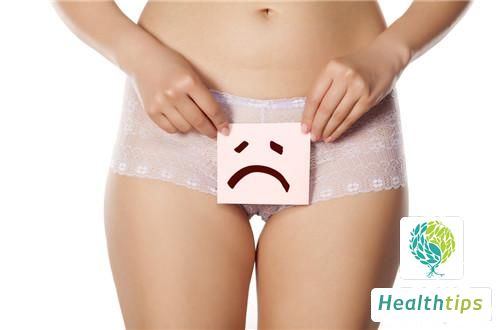What Are the Precautions to Take After Removing Stitches Following a Tooth Extraction?
Wisdom teeth are not unfamiliar to most of us. If they pose health issues for our oral cavity, it is necessary to extract them in time. Correct post-op care is essential after tooth extraction and suture removal to avoid unnecessary harm. Here are some key points to consider:

1. Avoid drinking hot water immediately after tooth extraction and suture removal. It is also advisable to refrain from consuming strong tea, coffee, or milk tea to prevent discomfort at the wound site. It is best to wait for half an hour or one to two hours before drinking warm water in moderation.
2. Do not lick the wound after tooth extraction and suture removal. Especially if there are signs of inflammation, it is crucial to avoid licking the wound to prevent infection, suppuration, or bleeding.
3. Avoid brushing vigorously after tooth extraction, regardless of whether it is a simple extraction or one followed by suture removal. Pay special attention to avoiding the wound site and refrain from using whitening or other functional toothpastes.
4. Do not consume stimulating foods after tooth extraction and suture removal, such as chili, ginger, scallions, garlic, leeks, coriander, and onions. Also, minimize the intake of seafood and other raw or cold foods to prevent bacterial infections.
5. Avoid eating hard, nut-like foods that require vigorous chewing after tooth extraction and suture removal, especially when the wound is not fully healed. This can exacerbate wound discomfort and food residue may remain at the wound site, affecting healing.
6. Seek medical attention promptly if you experience discomfort after tooth extraction and suture removal. If the pain or bleeding persists without improvement, it is crucial to identify the cause and not delay treatment.
In general, there are many considerations to keep in mind after tooth extraction and suture removal, not only in terms of daily diet but also oral care. It is essential to seek medical attention promptly if any abnormalities are observed around the wound, especially for those with deeper wounds to avoid compromising oral health.



















